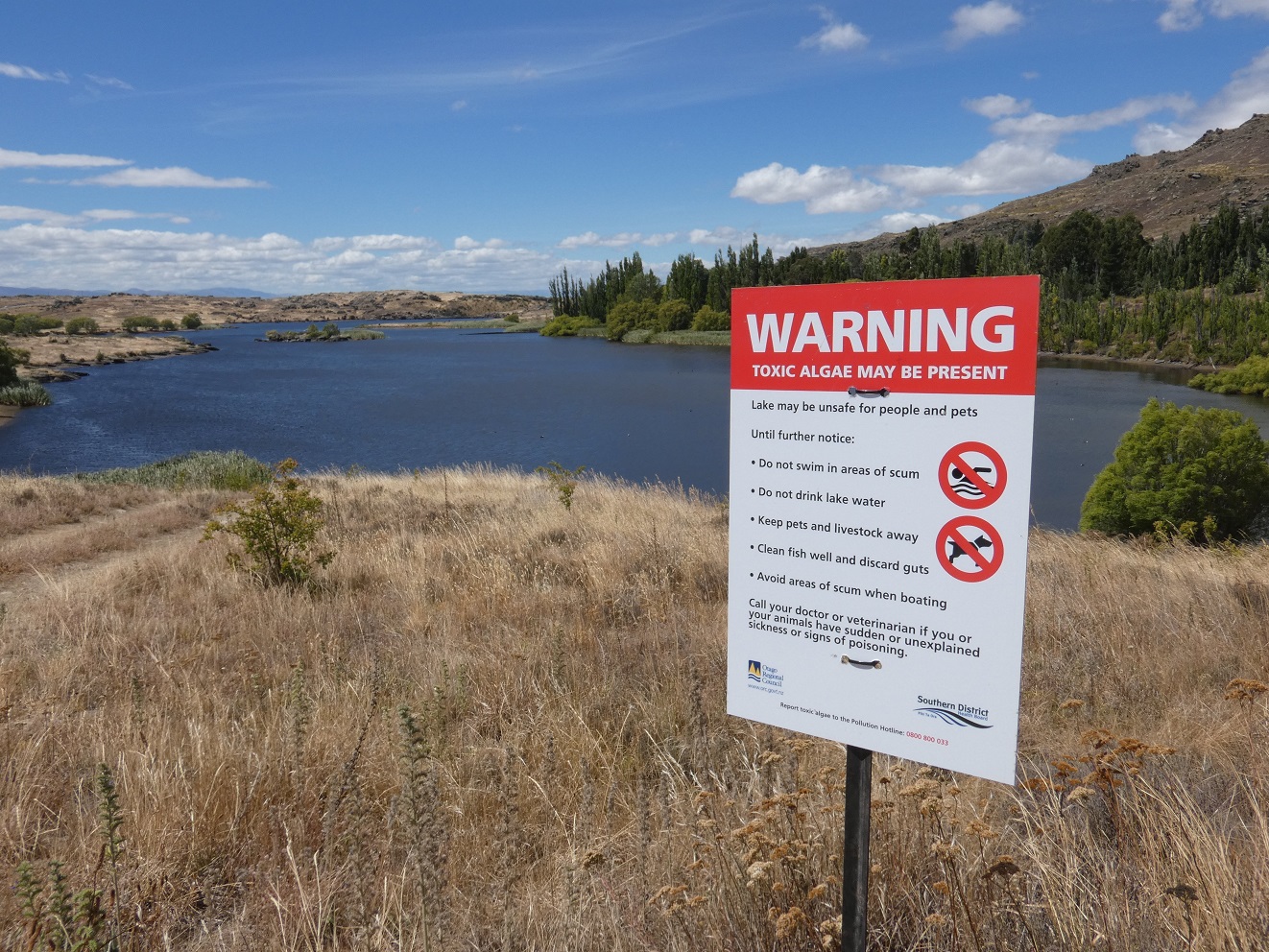
It is the second time in less than a week that the council has issued a warning to dog owners about toxic algae in Otago waterways.
Six days ago, the council warned dog owners about Phormidium algae, also known as Microcoleus, reappearing in the Silver Stream near Mosgiel.
The council said in a statement yesterday morning that cyanobacteria, a blue-green algae (Anabaena lemmermannii), was present in Butchers Dam near Alexandra.
Contact with the algae could produce toxins which were harmful to humans and pets, council water quality scientist Rachel Ozanne said.
The warning to keep clear of the dam would remain in place until weekly testing showed that there was no longer a health risk.
Algae in lakes and dams often began blooming at this time of year from a combination of rising water temperatures, the increase of sunlight hours and nutrients in the waterways.
A member of the public alerted the council of the presence of "an unusual algae" at Butchers Dam and council testing identified it as toxic.
"What’s happened at Butchers Dam is an indication that other lakes are likely to experience algae blooms too, and the public should inform themselves of what to look for," Ms Ozanne said.
Planktonic cyanobacterial blooms were generally green in colour and could give lakes a "pea soup" appearance.
They could also form visible green to red films or "scums" on the water’s surface, especially at the water’s edge.
Other areas that could experience cyanobacteria blooms around Otago included Lake Hayes, Lake Waihola, Falls Dam, Tomahawk Lagoon and some other reservoirs.
There had been instances in the past where dogs, birds, cattle and other wildlife died from exposure to the toxic algal bloom.
"Affected animals should be taken to a vet immediately," she said.
- ORC pollution hotline, 0800800-033.












